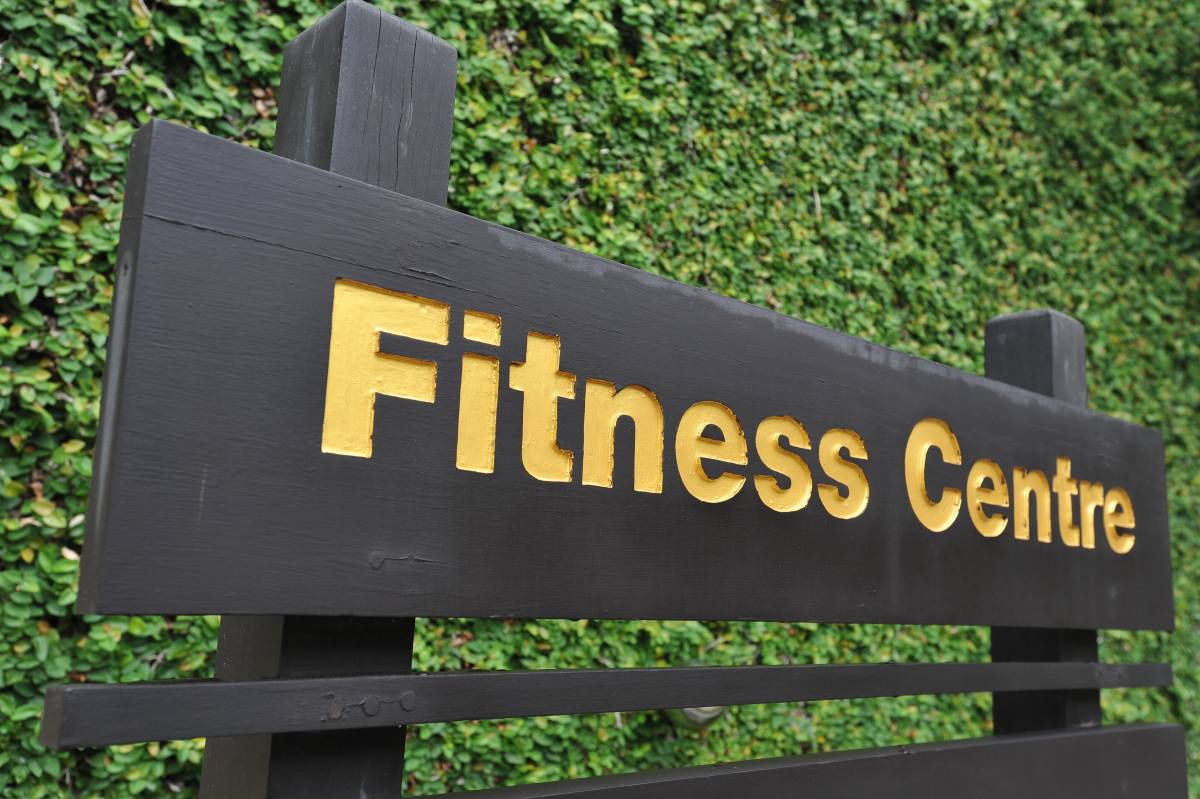Patients with MSK issues prefer to see physios in south London gyms rather than NHS trust's sites
London-based physiotherapist Jenny Heal has backed a bid by Guys and St Thomas’ NHS Foundation Trust to offer patients physiotherapy sessions in local gyms and leisure centres rather than on hospital sites.
Jenny, project lead and clinical lead musculoskeletal (MSK) physiotherapist, supports a pilot scheme involving ukactive – the UK’s trade body for the physical activity sector – to improve access to rehabilitation and therapy by offering services in community settings.
The pilot, which is being funded the Guy’s & St Thomas’ Charity, began at the Castle Leisure Centre in the Elephant and Castle area of south London in February last year. Attendance quadrupled in the first month, with from 150 to 200 patients now being seen weekly, on average. Brixton Recreation Centre was chosen as one of the new locations as it offers women-only gym sessions, an important factors for some patients in an early survey.
Specialist healthcare units can carry 'stigma'
Jenny said: ‘We know that there are significant barriers to some patients accessing our services, from the stigma attached to accessing specialist healthcare units to those who are physically unable to travel to central London sites.
‘I also think it’s very important to empower patients to be responsible for their own health. By making it easier for them to access physiotherapy close to home, we are providing support which should lead to a better quality of life, as well as a reduced burden on the NHS. We really hope this initiative can be rolled out more widely across the trust.’
Huw Edwards, ukactive’s chief executive, said: ‘Our partnership with Guy's and St Thomas’ is a clear example of how the physical activity sector is stepping up to support the NHS and the major health conditions which impact our nation’s health and cause pain for millions of people.
‘We know MSK conditions cause the third largest spend for the NHS and with such increasing pressure on the health service, our sector is providing accessible facilities and equipment to help patients get the therapy they need to live long, healthy and more active lives.’
About half of the patients have low back pain, for which regular exercise is key to recovery. Others need to improve their fitness and muscle strength due to underlying injuries or conditions such as arthritis and fibromyalgia.
Thousands of patients will benefit
About 25,000 patients should be involved in the 18-month pilot programme. They enjoy having more space and a wider range of equipment than is available in hospital gyms. These include mats, benches, steppers and cross trainers.
The initiative lowers many patients' transport costs and time spent travelling. The gyms tend to be closer to their home or work, making it easier to attend appointments and reducing health inequalities, with early data showing that the pilot has reduced ‘no shows’ by an average of six per cent. As an added bonus, patients are able to use the wider gym's facilities – such as pools, saunas and steam rooms – for free on the days they receive physio services.
It is hoped that by accessing treatment in a local gym, patients will gain confidence in using equipment and go on to become members – making them more likely to exercise regularly. Patients are also able to access discounted gym memberships once their treatment finishes.
By making it easier for [patients] to access physiotherapy close to home, we are providing support which should lead to a better quality of life, as well as a reduced burden on the NHS [Jenny Heal]
Gym sessions 'changed my life'
Dance teacher Samantha Babooram, 38, who injured her knee doing a complicated dance move in December 2022, is another proponent of the initiative. After initially participating in group sessions at Guy’s Hospital, she started one-to-one sessions at Castle Leisure Centre and found them to be far more productive as she was able to lift weights and do plyometrics – training that uses speed and force of movements to build muscle power.
She also found that the gym was more convenient: ‘The sessions changed my life. When you go to the hospital, there’s only so much you can do whereas the gym was amazing as it’s really easy to progress.’
For more information on the intiative, read a fuller article on the trust's website: click
Author: Ian A McMillanShare it with















